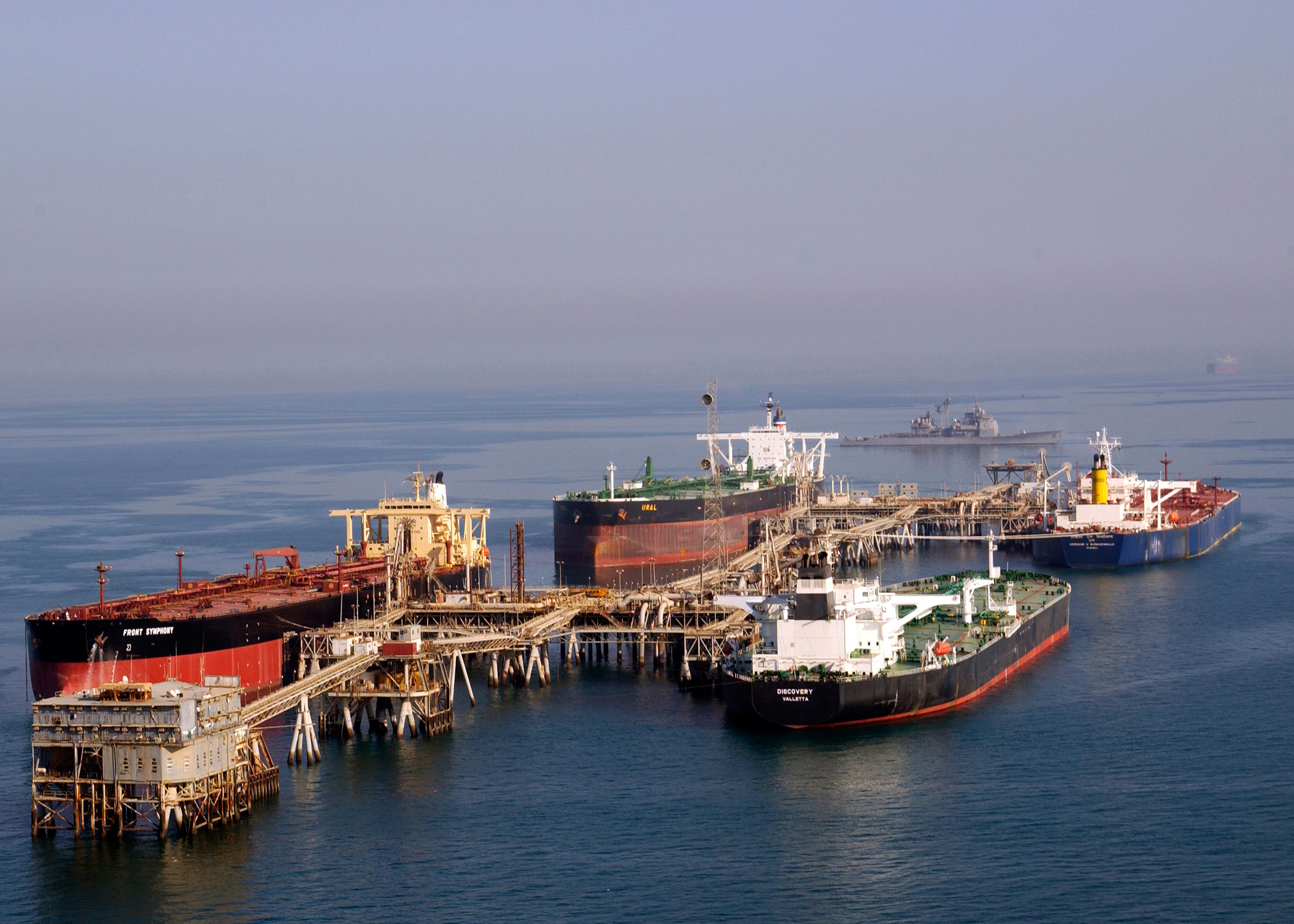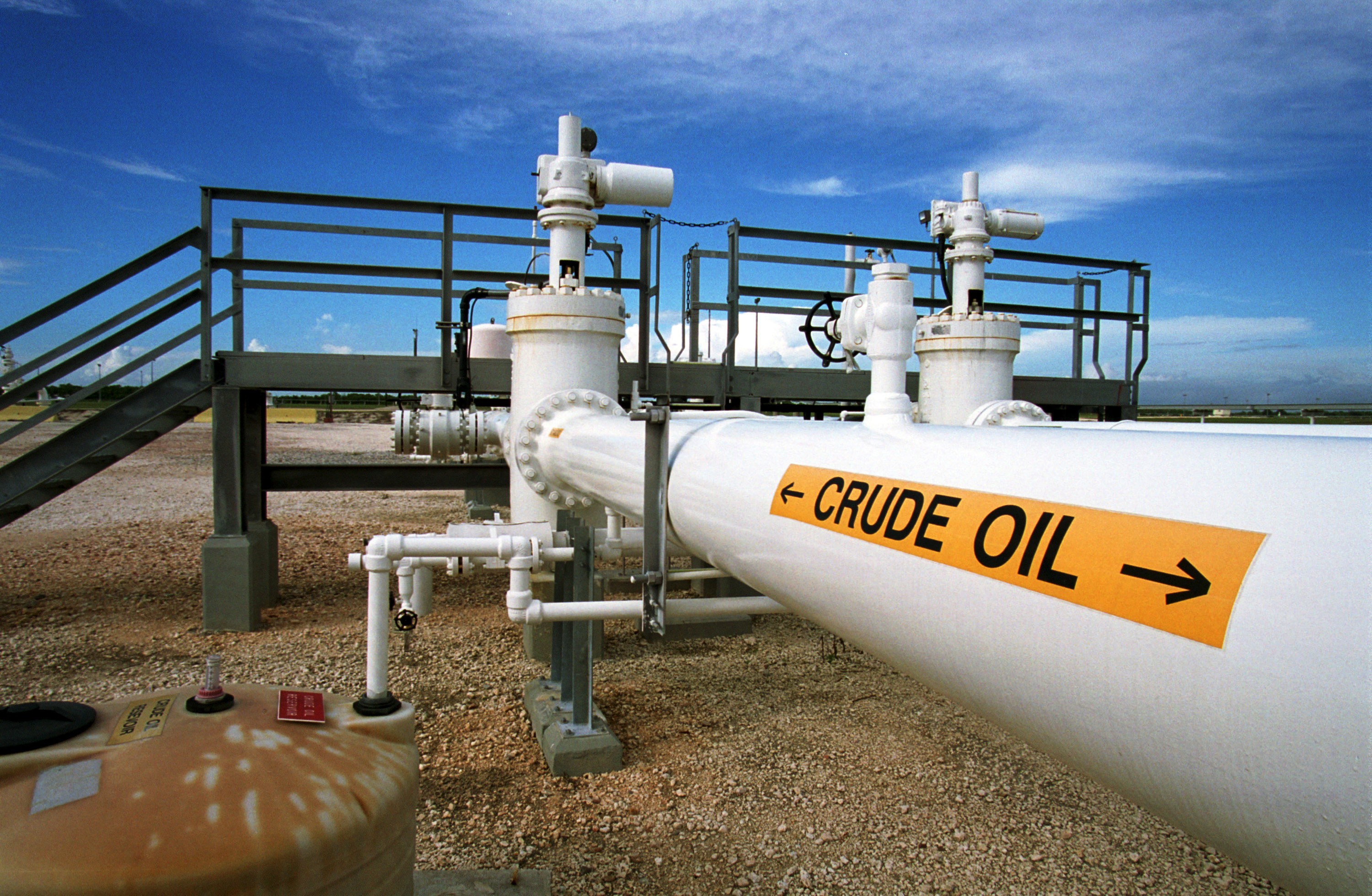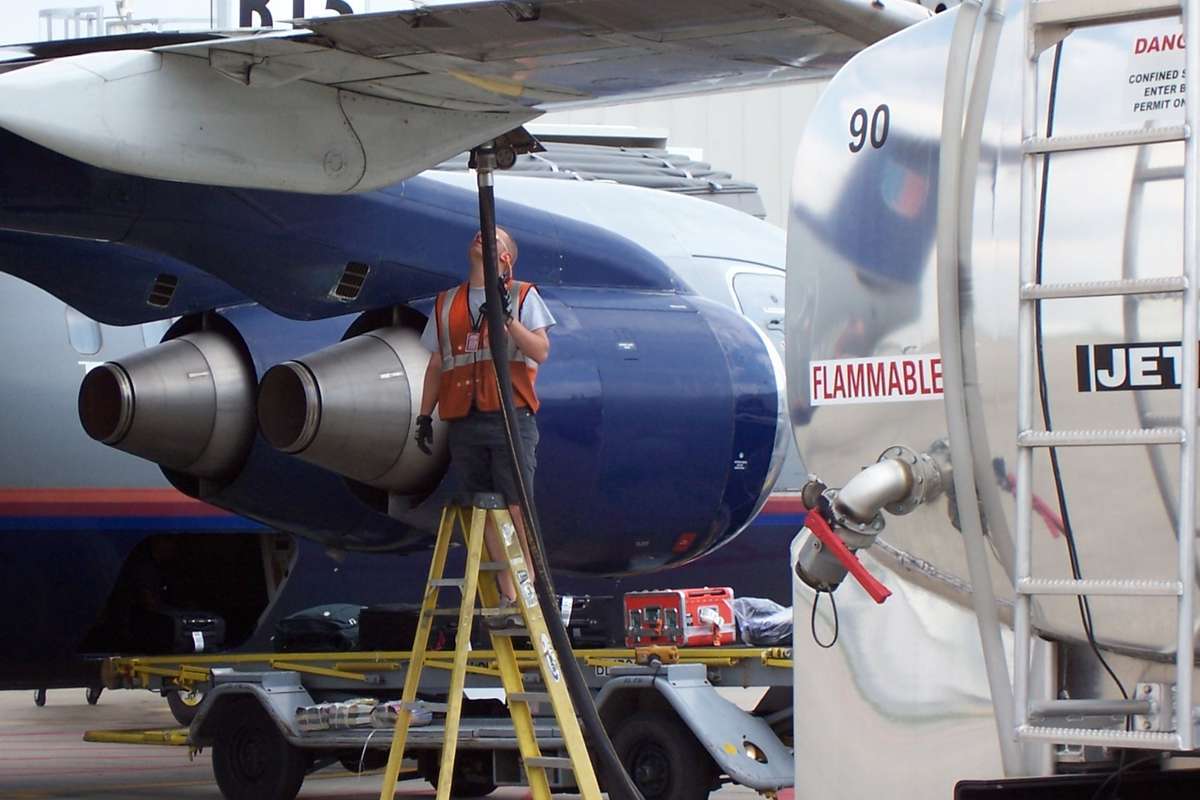This article serves to shed light on one of the most basic, yet misunderstood, aspects of payment for a crude oil transaction, in particular for Nigerian Bonny Light crude oil.
In every Sales Purchase Agreement (SPA), the stipulation is for a buyer’s bank to issue and send to the seller’s bank either an SBLC-MT760 or DLC-MT700 prior to the seller’s issuance of a Performance Bond (PB), usually stated at 2% (two percent) of the total amount of the transaction. This makes perfect sense because Nigerian National Oil Corporation (NNPC) is the only entity authorized to allocate the right to an independent party the right to “market” the crude oil by finding buyers. However, just like any other National Oil Company (NOC) around the globe, NNPC must be assured of payment guarantee upon delivery of the crude oil first before it agrees to the sale. In effect, NNPC is the sole owner and title holder to the crude oil throughout the entire process, from initial request for allocating the oil to a particular transaction until final delivery, upon which it gets paid along with the marketer and all intermediaries.
A marketer, who is traditionally called a seller, is always an independent party with strong ties to NNPC as well as strong or even not-so-strong financial capabilities or backing by an investor or group of investors. These marketers use their contacts for the sole purpose of being allocated the amount of crude oil they are willing to pay a fee to obtain. The allocation is designated as Authorization To Sell (ATS) issued by administrative offices in Bonny terminal. In reality, however, ATS should have been named Authorization To Market because NNPC maintains strict control over the entire process.
Seller does not pay NNPC the money for the oil upfront. No seller does. To put things in perspective, a Very Large Crude Carrier (VLCC) carries up to 2 million barrels of crude oil. At a price of, let’s say, USD $50 (Fifty U.S. dollars) per barrel, the crude oil costs approximately $100 million (One hundred million U.S. dollars) minus a few dollars per barrel of Net discount to the buyer. Few marketers, if any at all, are able to pay that amount to NNPC upfront. Even if they had the funds, they would not commit to purchasing the oil outright to then find a buyer for it. A marketer, however, has to be able to fund the shipping and insurance costs. At approximate cost of USD $50,000 (Fifty thousand U.S. dollars) per day for one VLCC and trip time of around 20 days to Rotterdam, Netherlands, or 40 days to Qing Dao, China, the transportation will cost approximately USD $1-2 million (One to two millions U.S. dollars), respectively, not including the labor cost.
It never seizes to amaze me when I see buyers in China who demand for a “Dip and Pay.” They want to see the crude oil, test its quantity and quality, then make the full payment, before providing a payment guarantee. This is the most foolish request I have ever heard. No NOC or person conducts business like that. NNPC is no exception. It would be shortsighted of NNPC to simply believe a person who “claims” to be a buyer in possession of USD $100 million (One hundred million U.S. dollars) or so in funds and allow him to enter the ship, test the oil, and THEN pay for it. The questions are: what if this elusive buyer does not show up? What if he shows up and then decides to not pay for whatever reason? No seller would and should be too desperate to lose sight of common sense and simply invite a ghost to a serious business meeting with those uncertainties. This unreasonable demand by many, not all, Chinese buyers is the principal reason behind lack of trust between NNPC and these marketers, on the one hand, and Chinese buyers, on the other hand.
Additionally, there are VLCCs on the ocean sailing toward, and in, China waters looking for a suitable buyer. Many inside China know of the necessity of selling the oil or else the marketer will have to incur daily shipping costs. They take advantage of this vulnerability and try to negotiate the discount down and squeeze every penny out of NNPC. This modus operandi upsets the marketers and NNPC, leading to more distrust. Of course, NNPC wants to sell the oil, but only “legitimate, serious, financially capable, and ready” Chinese buyers can successfully make deals.
Another possible outcome is that NNPC will not find a buyer after reaching China waters and waiting for a few days to see if it can, so it ends up clearing the Bonny Light crude oil through China’s customs and then offloads it to tank farms (storage containers). But when it has more crude oil than the tank farms capacity, Chinese buyers will hover around the VLCC like vultures around a prey hoping for the kill, essentially guaranteeing the transaction’s demise! THAT is tantamount to going for the jugular, the worst possible outcome, one NNPC may run into from time to time. No one, including NNPC, likes to have a knife on its throat!
I have been fascinated by one puzzle: why buyers who may offer block funds may end up negotiating for additional discount when the vessel reaches the China shores? The answer is Chinese buyers require two inspections: one for quantity and quality inspection by a reputable firm such as SGS and a second inspection by China Inspection and Quarantine (CIQ), equivalent to Customs in other countries to allow entry into China and granting of Customs Clearance Certificate (CCC). (Curiously and surprisingly, CIQ’s website offers virtually no information on inspection for products such as crude oil and petroleum.) Unfortunately, it appears that some unscrupulous buyers with a signed Sales Purchase Agreement (SPA) use their influence resulting in some CIQ officials holding these vessels at bay. A 10-day hold time not allowing the vessel to dock costs the seller USD $50,000 (Fifty thousand U.S. dollars) daily. Also, CIQ may charge up to 2% of the value of the cargo as a fee, which the seller is then required to pay. As a result, the situation becomes a fertile ground for some buyers who are not acting in good faith to converge on the marketer/NNPC and do their best to renegotiate the price down, thereby creating much unneeded resentment, animosity, and lack of trust.
Additionally and unfortunately, China’s ports are among the busiest in the world, leading to possible ordinary delay of up to 40 days translating into USD $2 million in extra charter fee and draining a good chunk of the profit from the marketer. The discount to a buyer has to be lowered initially to account for this situation.
I believe many more deals can be made possible if a few things change. The purpose of this article is not to offer advice to NNPC or its marketers what to do and how to avoid unpleasant outcomes. I can offer solid solutions on pending or future transactions on a personal and case-by-case basis. Suffice to say that when the lack of trust is the main detriment of reaching a successful transaction, a financing option that could guarantee both parties a safe outcome could be useful and make all the difference.
Globe Commodity Traders (GCT) can definitely help to make seemingly impossible deals happen. We can also bridge the trust gap by offering advice on financial aspects of any transaction as an expert on letters of credit based on UCP600 and practical experience on the most precise and effective verbiage on the letter of credit so as to eliminate any uncertainty and worries. The process is complex, but it can be done.
If you are interested in our engagement, please send us a note here.



